Publications
Articles, publications, books, tools and multimedia features from the U.S. Institute of Peace provide the latest news, analysis, research findings, practitioner guides and reports, all related to the conflict zones and issues that are at the center of the Institute’s work to prevent and reduce violent conflict.
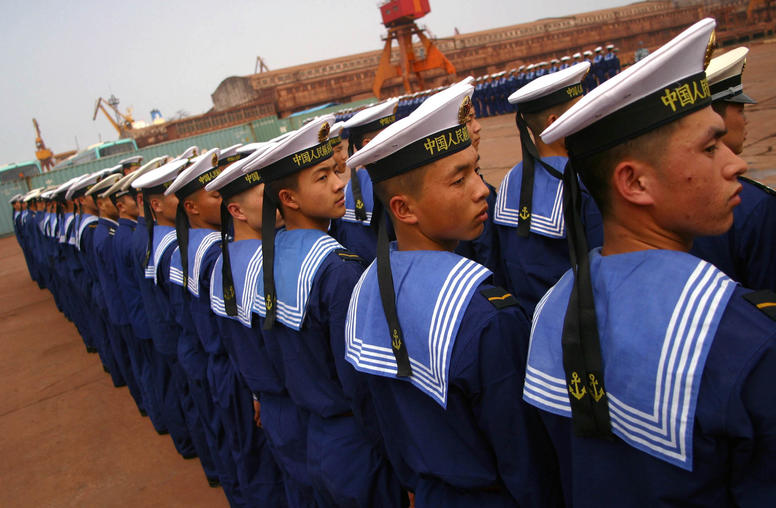
Five Things to Know About China’s Armed Forces
The People’s Liberation Army, which celebrated its 96th birthday on August 1, is one of the largest, most potent and fast-growing militaries in the world. Chinese leader Xi Jinping has made it a goal for the PLA to “modernize” by 2035 and to be a “world-class” military power by mid-century. In 2014, China’s Navy overtook the U.S. Navy to become the largest military fleet in the world — although the U.S. Navy is still considered to be more powerful. While China is notoriously opaque about its level of defense spending, it is widely believed that China has the largest defense budget in the world other than the United States.
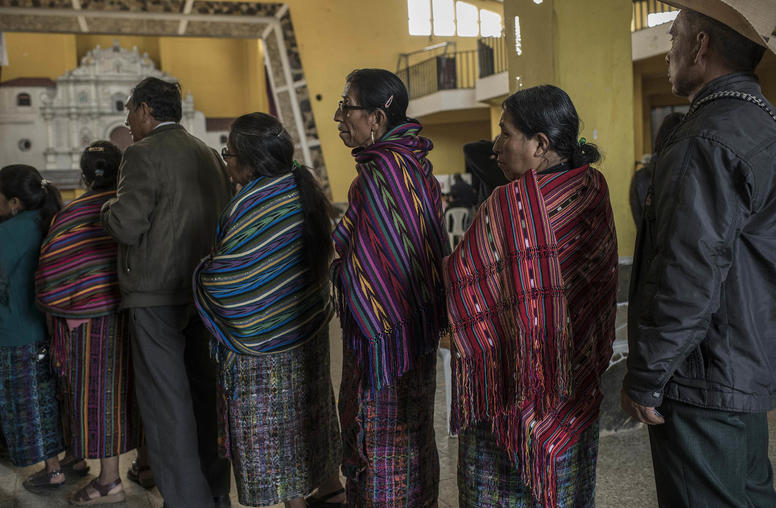
Will Voters or the Courts Choose Guatemala's Next President?
Guatemalans head to the polls on August 20 to vote in a presidential run-off election. Both candidates come from the country’s center-left: Sandra Torres is a veteran campaigner, who has run for president twice before. Bernardo Arévalo leads a relatively new party whose surprisingly strong showing in the first-round vote propelled him into the runoff for the first time.
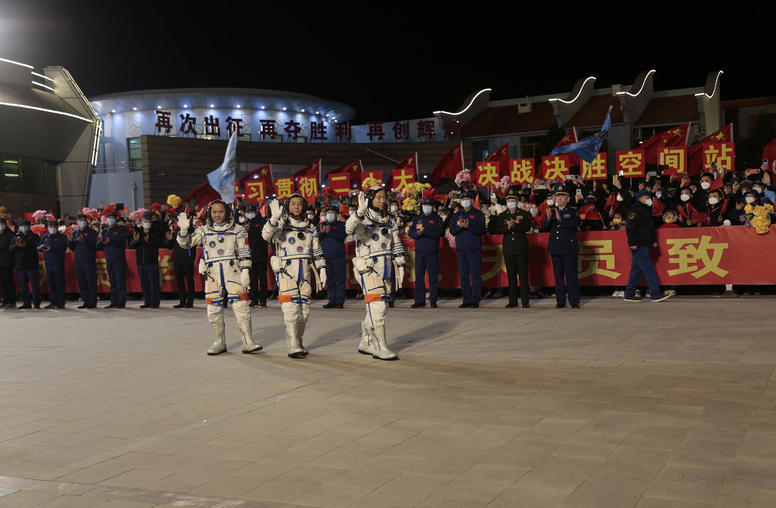
China and Space: The Next Frontier of Lawfare
The People’s Republic of China (PRC) is one of the most thoughtful practitioners of legal warfare or “lawfare.” For PRC planners, especially those in the People’s Liberation Army (PLA), legal warfare is an integral part of the larger effort of “political warfare.” Indeed, legal warfare is embedded in the Chinese conception of political warfare.
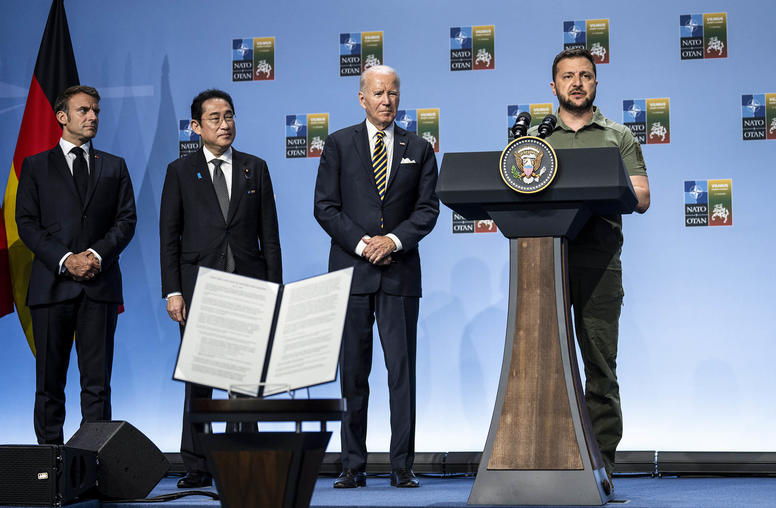
Ukraine is advancing its peace plan. The U.S. can help.
While Ukraine’s counteroffensive against Russia’s invasion has global attention on the battlefield, President Volodymyr Zelenskyy’s government is also busy advancing a diplomatic initiative: a peace summit to build momentum and cohesion among international partners on its 10-point peace plan. The United States should be a leader in backing this diplomatic effort — which is on the agenda this weekend in multilateral talks in Saudi Arabia. Broadening international buy-in for Ukraine’s peace plan serves U.S. interests. It can short-circuit less constructive peace initiatives and reinforce a cardinal international norm: An aggressor that launches an unprovoked war can't expect to set the terms for peace afterward.
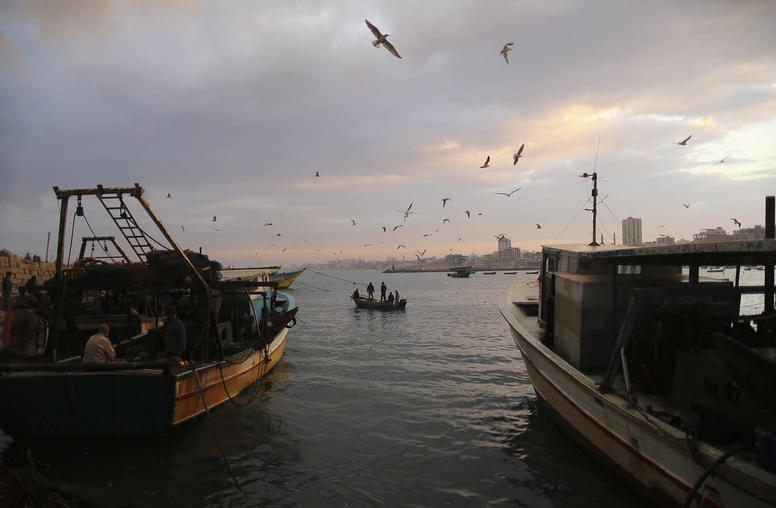
How a Gaza Marine Deal Could Benefit Palestinians, Israelis and the Region
Amid today’s dismal Israeli-Palestinian context, positive developments have been in short supply. However, Prime Minister Benjamin Netanyahu’s June announcement of preliminary approval for the development of the Gaza Marine gas fields provided a rare glimpse of a potential win-win opportunity. For the Palestinians, it could provide a much-needed boost to their lagging economy and the cash-strapped Palestinian Authority (PA). On the Israeli side, it allows the Netanyahu government to claim it is assisting in improving living conditions in Gaza and could lead to less U.S. pressure on issues like settlement expansion. In the big picture, this is another example of how energy is increasingly becoming a focus for potential win-win agreements in the East Mediterranean.
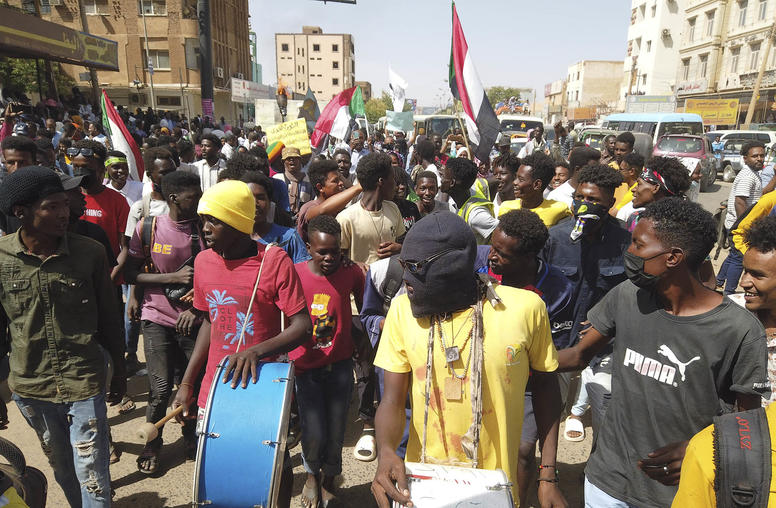
Countering Coups: How to Reverse Military Rule Across the Sahel
Three years of coups around Africa’s Sahel region — eight of them in six nations, from Guinea on the Atlantic to Sudan on the Red Sea — leave many African and other policymakers frustrated over how to respond. The Sahel’s crises have uprooted more than 4 million people and could add millions more to our record levels of global human migration as Africa’s population grows and its climate destabilizes. Yet the pattern of coups and other evidence — notably from USIP’s Sahel fieldwork, counter-coup research and bipartisan analysis teams — offer guidelines for effective responses by African, U.S. and international policymakers.
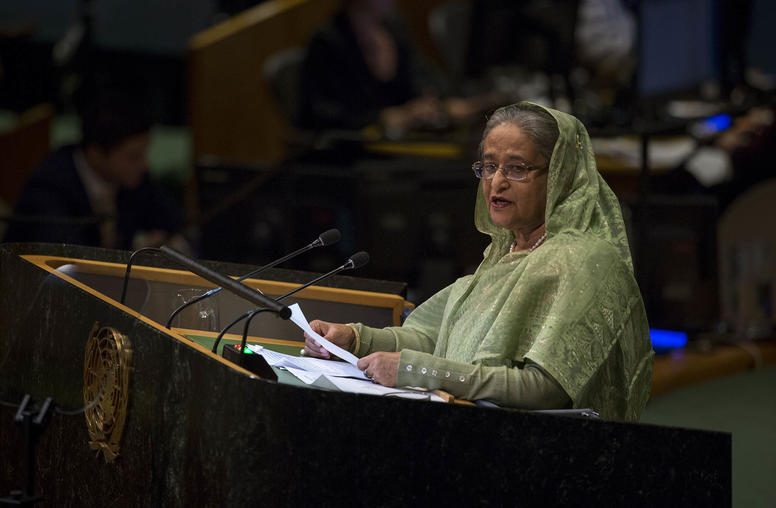
Bangladesh: Survey Reveals Premier Remains Popular Despite Growing Public Discontent
Political tension is rising in Bangladesh ahead of the country’s next round of national elections, due by January 2024. The opposition Bangladesh Nationalist Party (BNP) is boycotting elections to extract concessions from the government on election management; rampant inflation is increasing citizens’ daily struggles; and both the BNP and ruling Awami League (AL) are holding large rallies across the country to mobilize their supporters. Yet in this tumultuous political scenario, there is little publicly available polling to understand the state of race.
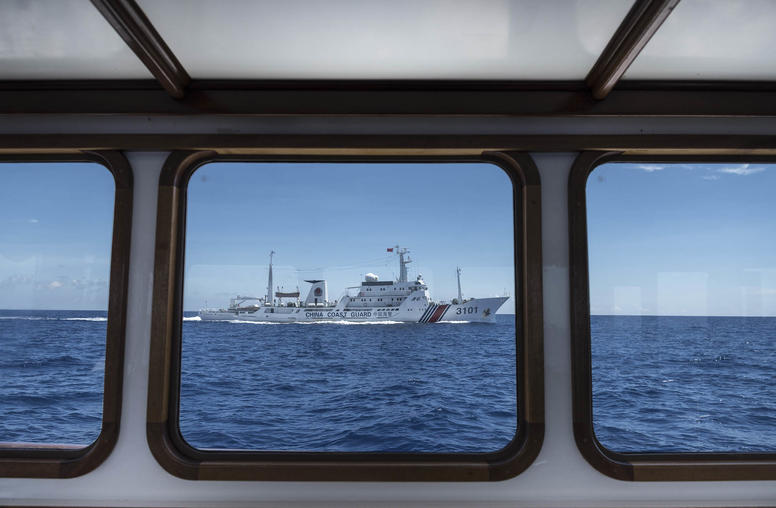
China, Philippines Tensions Risk Wider Conflict that Could Draw in the U.S.
In yet another act of Chinese aggression in the South China Sea, a Chinese Coast Guard vessel employed a water cannon last weekend to redirect an unarmed Philippines Navy supply boat. The incident took place in disputed waters near the Second Thomas Shoal. China claims the shoal and nearly all of the South China Sea as its own, but an international court has said both the shoal and surrounding waters belong to the Philippines.
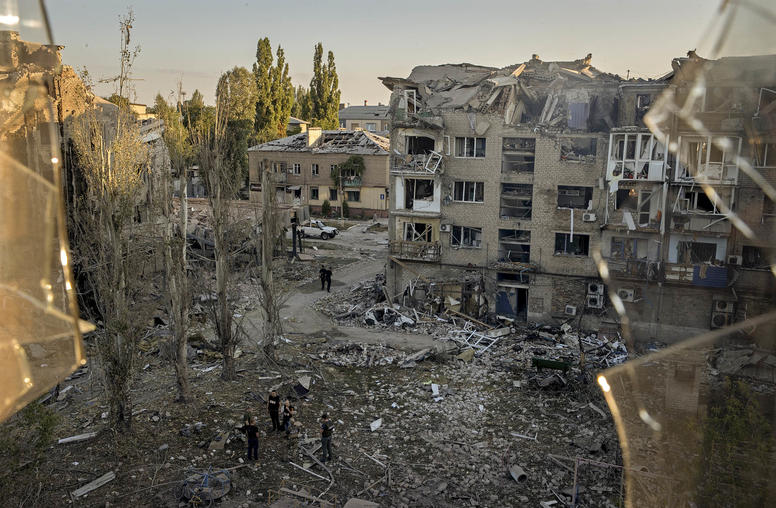
How Russia’s Military Bloggers Shape the Course of Putin’s War
Russian President Vladimir Putin relies on the manipulation of media narratives and limiting access to information to maintain popular support and acceptance of Russia’s invasion of Ukraine.
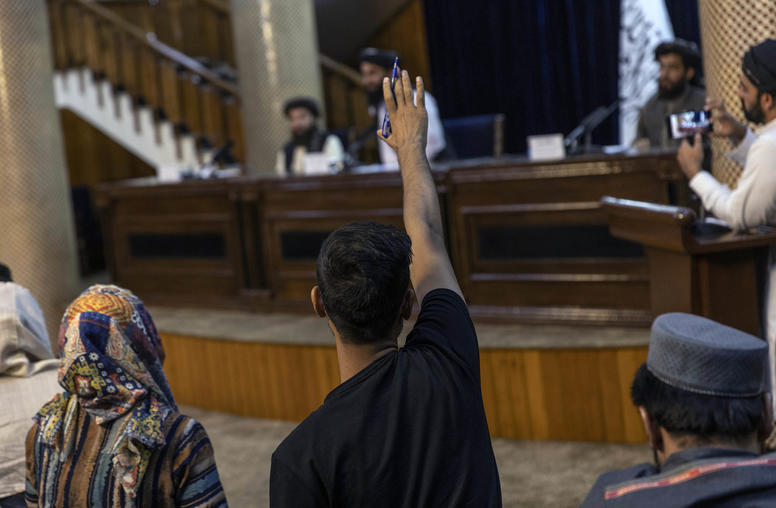
Amid Taliban Repression, Afghan Media Are a Beacon of Hope
Since regaining power two years ago, the Taliban have largely discarded Afghanistan’s democratic institutions but have taken a somewhat accommodating, albeit contradictory, approach toward independent media. Instead of a banning independent media altogether, they have implemented regulatory restrictions and punitive measures to limit free speech and control the media environment. This policy approach seems to be part of an evolving communication strategy that helped enable the group’s rise to power. Despite all the bad news coming out of Afghanistan, resilient, creative journalists and media outlets provide reason for some guarded optimism. The international community should do what it can to support the media sector, which is essential for advocating for citizen rights and providing an information lifeline to Afghans.